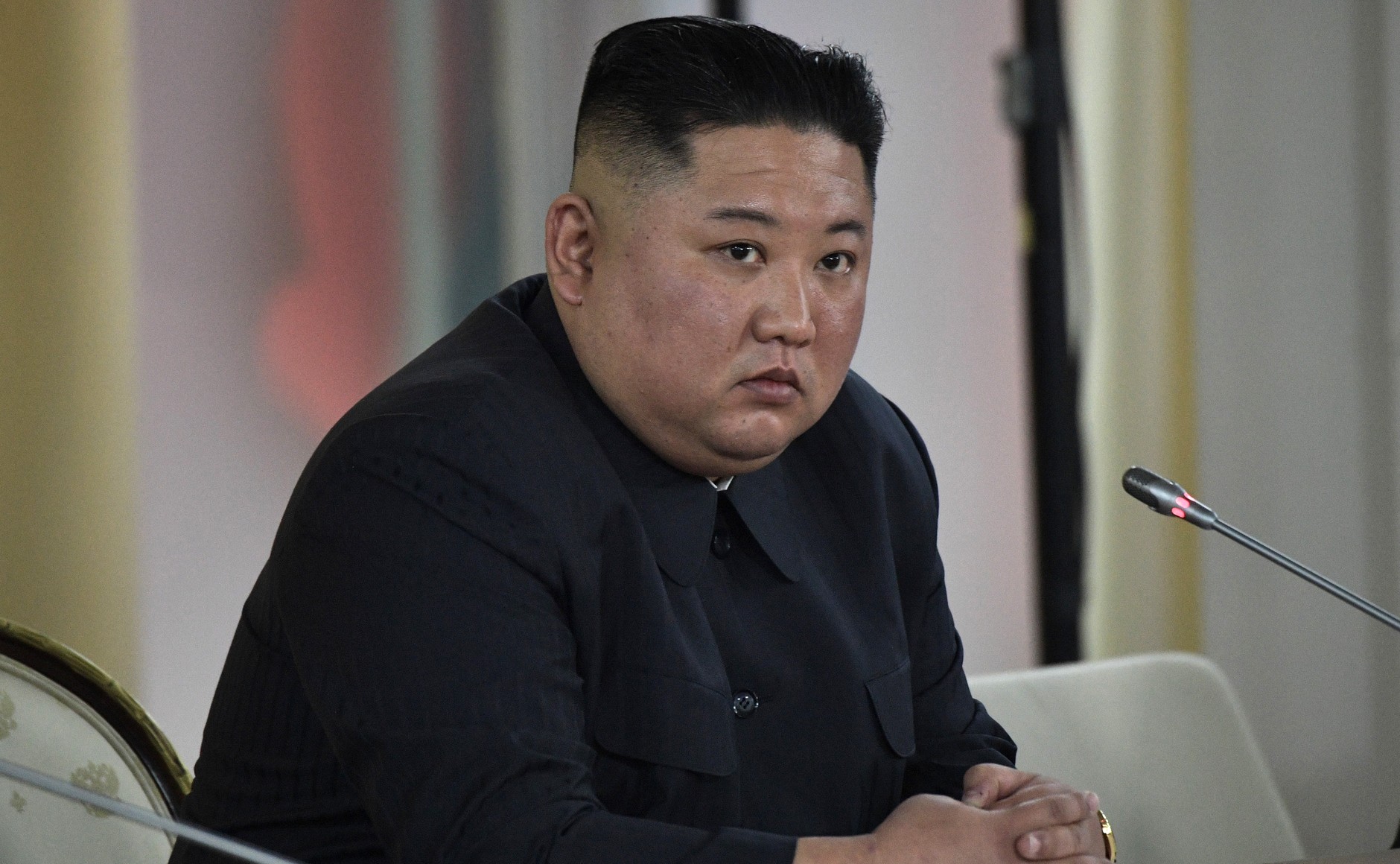HONG KONG (Washington Insider Magazine) – North Korea is ramping up its anti-epidemic efforts, according to state run media, after confirming its first coronavirus case despite claiming to be virus-free since the outbreak began.
The Korean Central News Agency stated that tests of specimens gathered on Sunday from an unidentified number of persons with fevers in Pyongyang revealed that they had been infected with the omicron strain of the virus, calling it a most severe emergency situation of the state. In response, North Korean leader Kim Jong Un has ordered that all towns and counties in the nation be shut down, according to the report.
Internationally, North Korea’s claim that it had no viral instances has been viewed with disbelief, and specialists say its admission today suggests the situation is serious.
North Korea, along with South Korea, China, and Russia, has turned down several vaccine proposals from the Covax global vaccine-sharing programme, leaving its 26 million individuals primarily defenseless against the virus, according to NBC NEWS.
Kim said specific work teams should be segregated and sanitation efforts should be stepped up to stop the infection from spreading during a Politburo session of the governing Workers’ Party on Thursday, adding that North Korea would easily handle the current unexpected circumstance. Anti-epidemic efforts, he said, should not interfere with economic activity or national defense, and officials should try to minimize inconveniences.
According to Dr. Jung Jae-hun, a researcher in the Medical college at Gachon University in South Korea, North Korea is on the edge of a full-blown outbreak due to the omicron variant’s strong transmissibility.
Though other forms of the virus have been discovered to have a lower mortality rate than omicron, Jung believes this is due to immunizations and protection developed from previous infections, and also the accessibility of quality medical care.
According to Dominique Fraser, a Sydney-based research scientist at the Asia Society Policy Institute, North Korea has taken the coronavirus “very seriously” since the outbreak began, closing its borders and halting practically all commerce with China, its most significant trading partner, until recently. The measures added to an economy severely hobbled by generations of inefficiency and sanctions imposed by the US over North Korea’s nuclear and missile programmes.
An outbreak, according to Fraser, may shatter North Korean aspirations for broader trade resumption, aggravating shortages of food that Kim cautioned about last year.
Fraser predicted that North Korea would tighten Covid regulations even more in a “China-plus” strategy, alluding to a policy much tougher than the current lockdown in Shanghai.
Several countries, particularly remote Pacific island nations, did not disclose their first infection cases until late in the epidemic; at least one of them, Tuvalu, is currently Covid-free, according to the World Health Organization. Turkmenistan, an oppressive Central Asian country, likewise claims to have had no cases, though international specialists remain suspicious.


























